









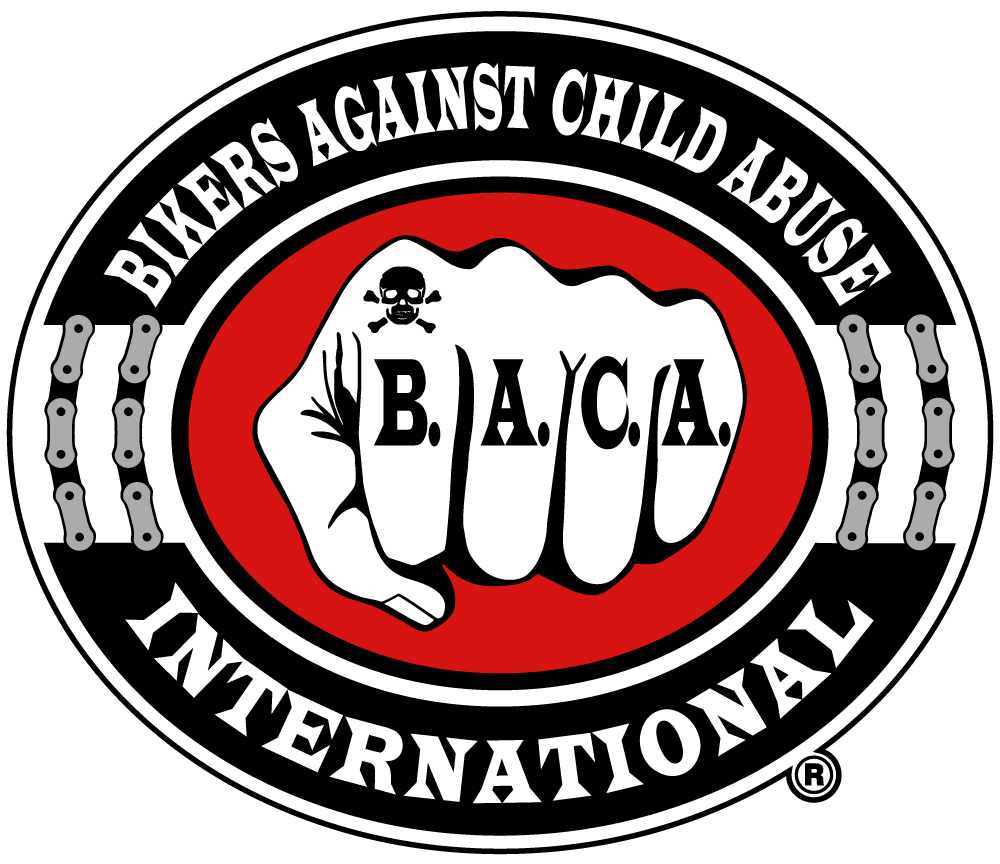

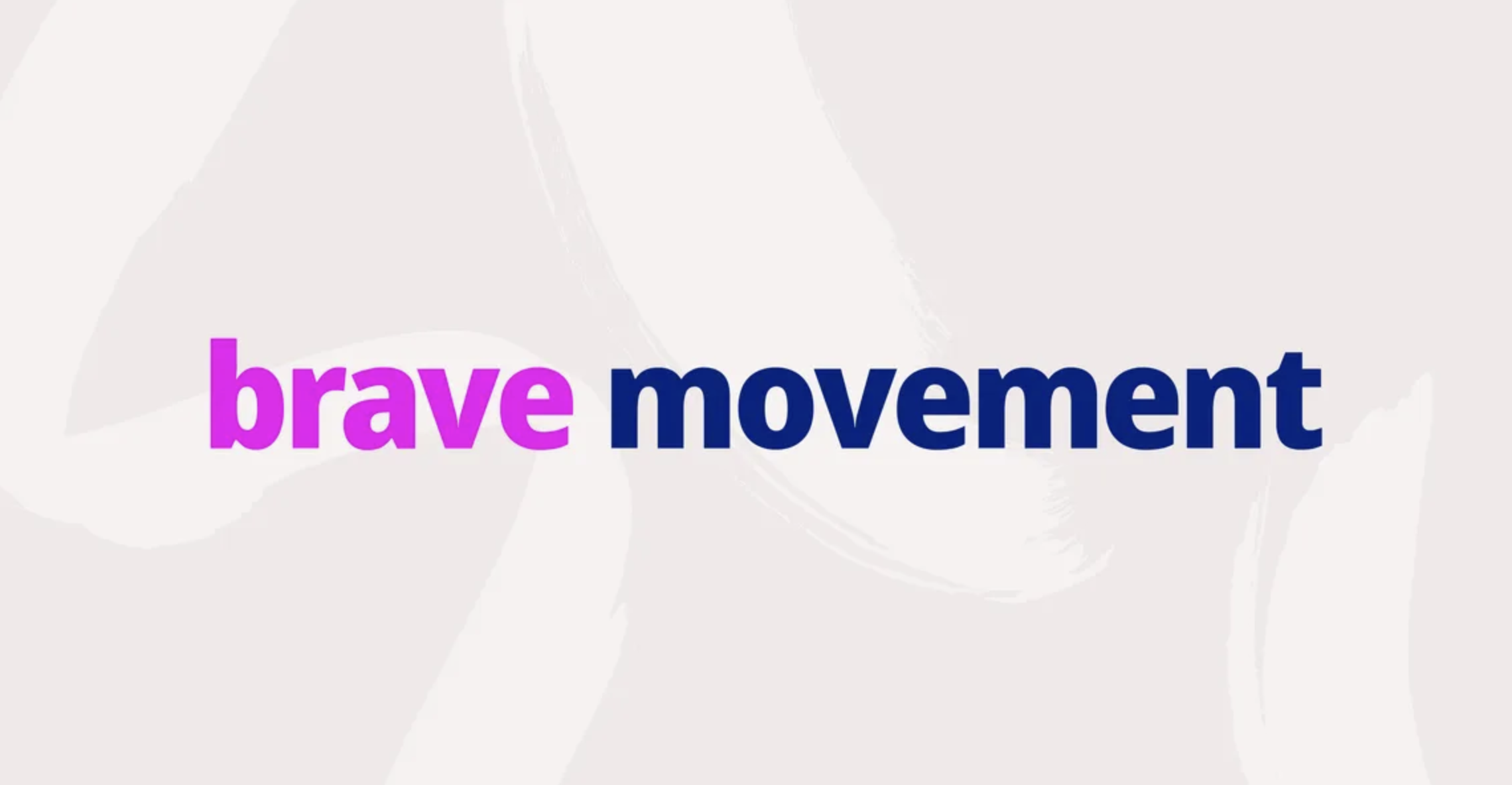

.png)

















.png)





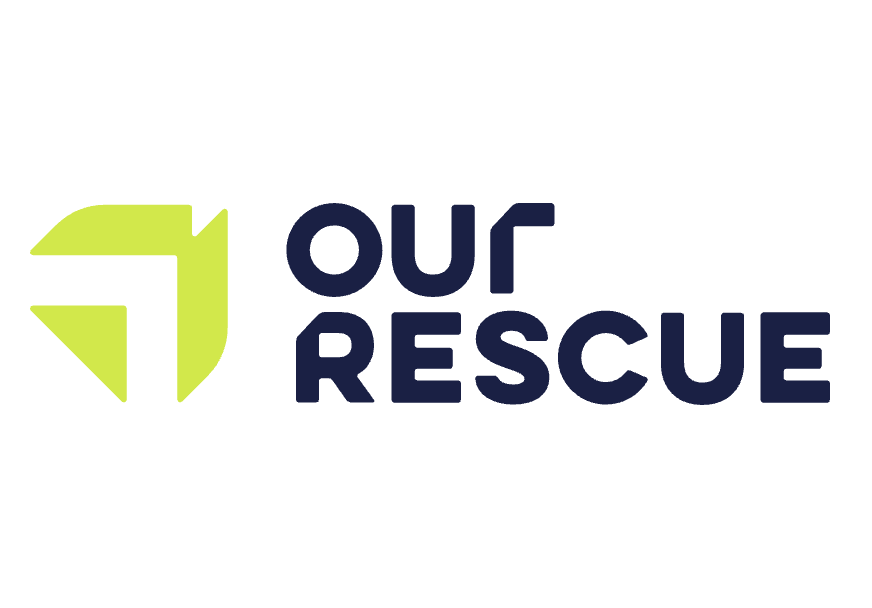







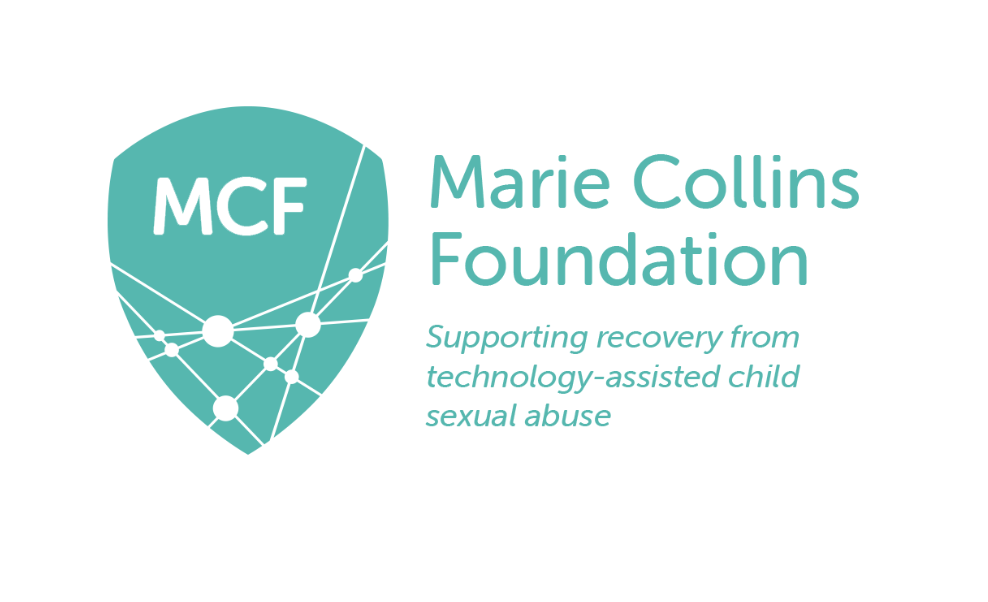

.png)

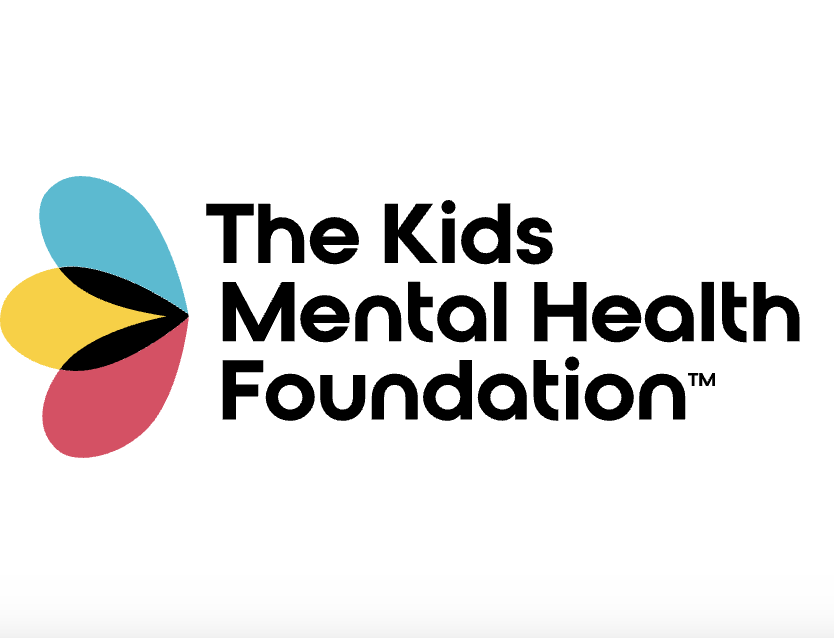









.png)

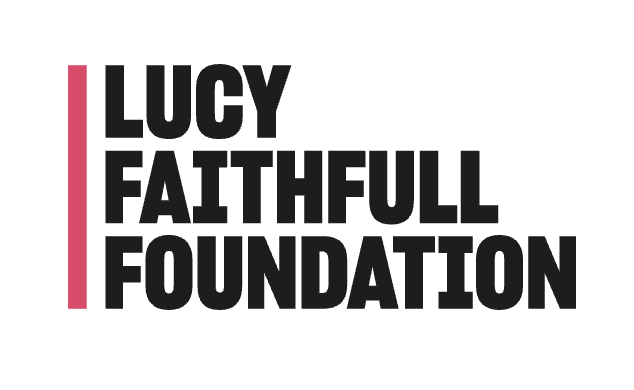













.jpeg)















.png)













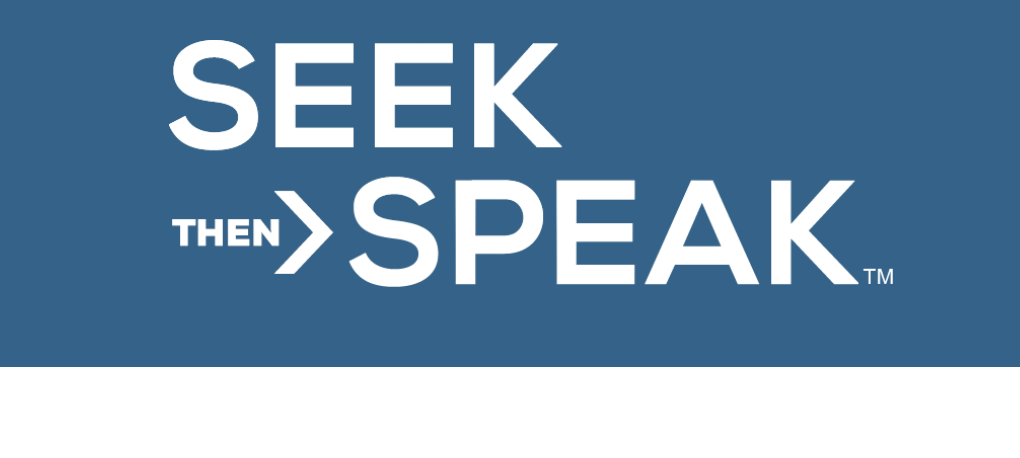







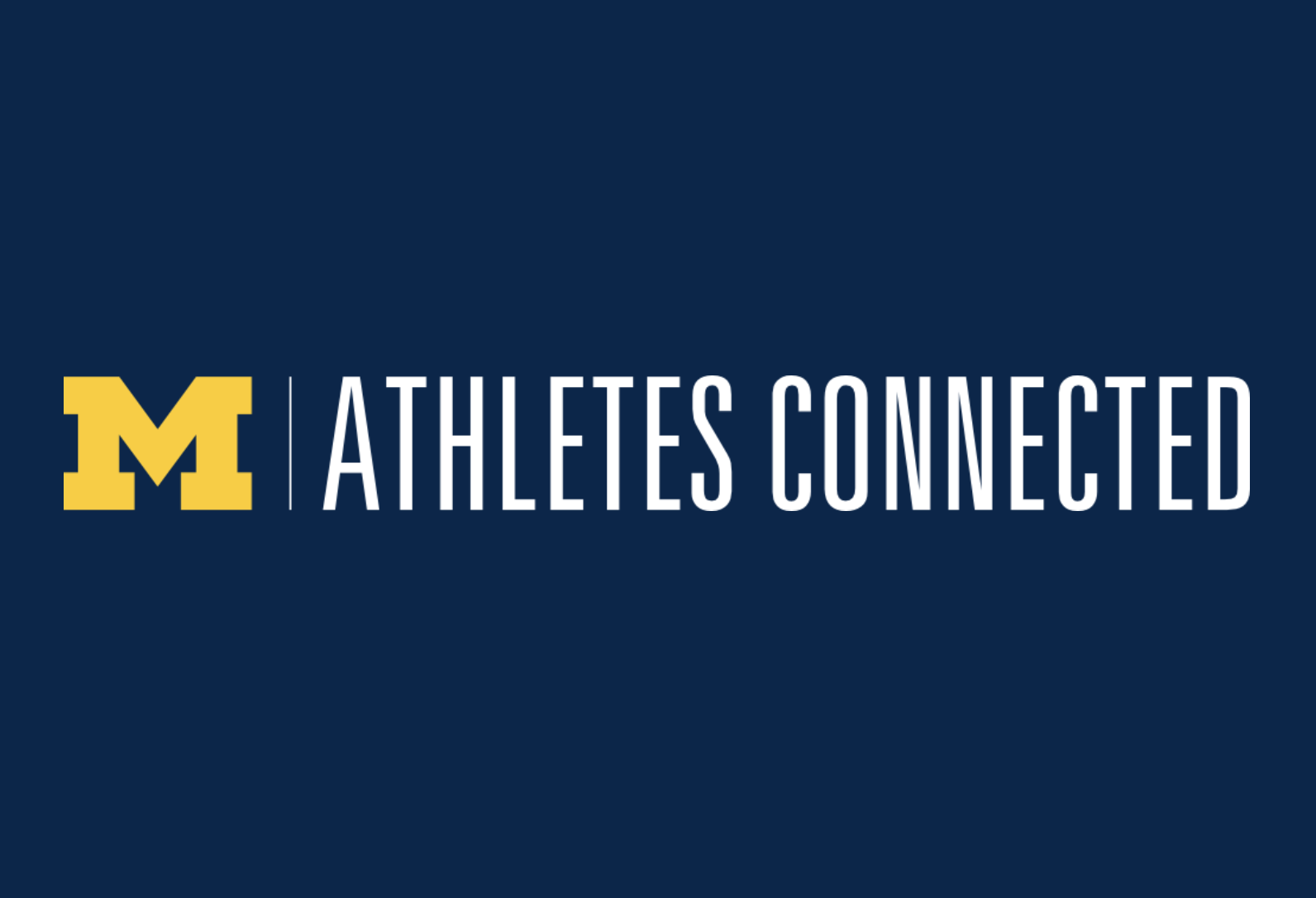

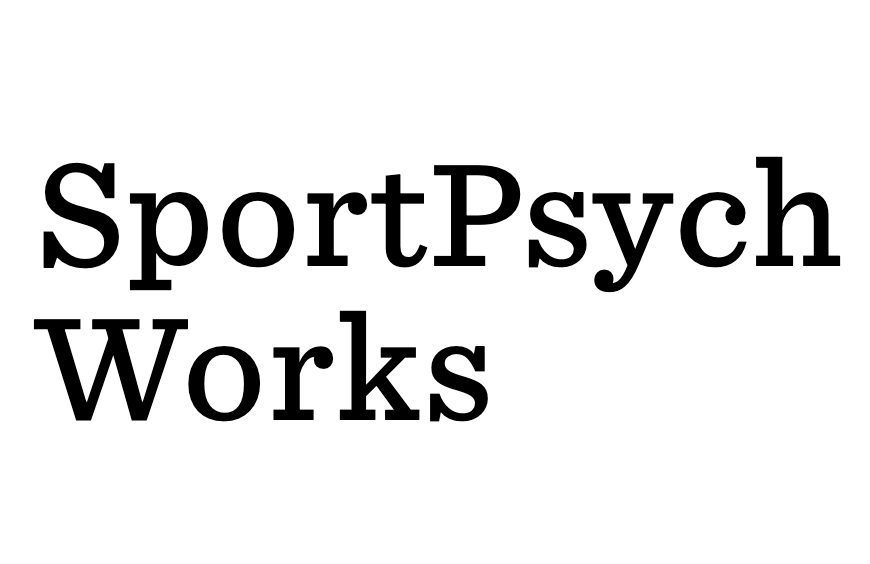

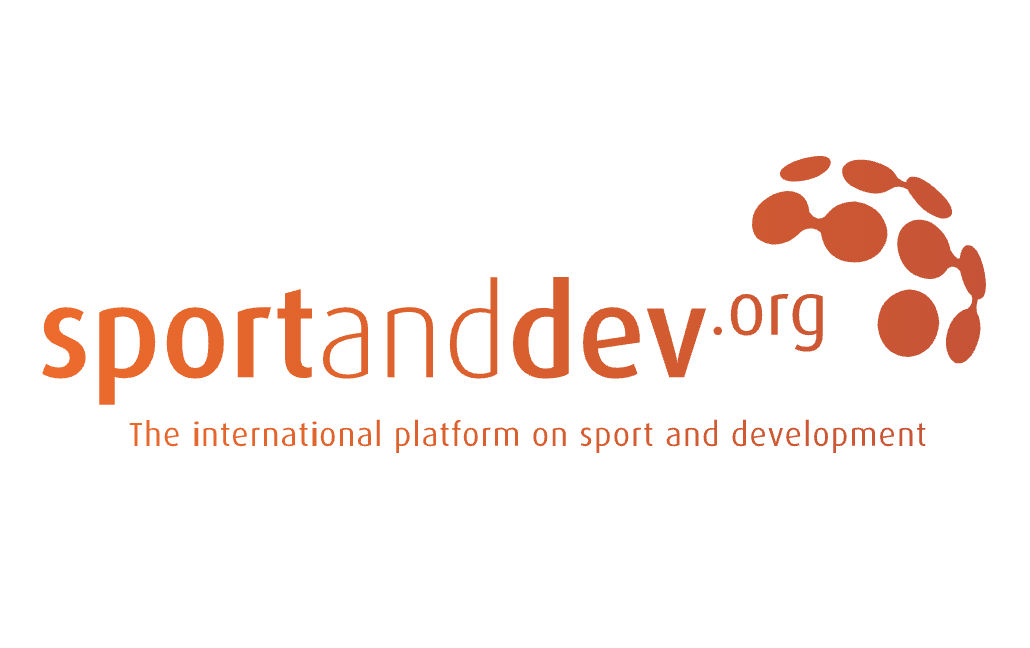

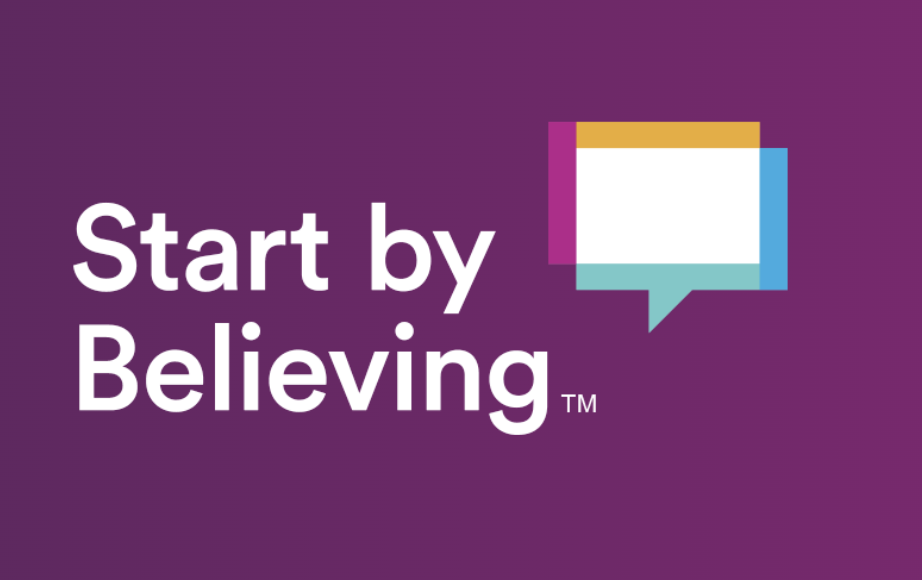













Agano is more than just a stuffed horse—he’s a symbol of comfort, hope, and resilience. Designed to provide solace and support, Agano serves as a trusted companion on the journey through hard times toward healing and recovery. Agano is part of a broader initiative to support those who have experienced abuse and misconduct. The following resources, information, and activities can be utilized by youth, young adult and adult survivors, support persons, and professionals throughout difficult times.
Having a visual can be helpful when we are imagining our boundaries. Sometimes, it can be hard to decide how close to allow others into our lives, or to know what to share with whom. That’s because relationships are hard, complex, and change over time. Boundary Circles can serve as a tool, visual, and worksheet that you can use repeatedly to help discern your boundaries. Take a moment to fill out this Boundary Circles activity and list out the names of those who are in each circle in your life right now. This can be a reflective activity to check and discern what you are sharing with whom and how much access you give to others in your life.
#WeRideTogether created the Coach Athlete Relationship Dynamics Diagrams (C.A.R.D. Diagrams) to help coaches, athletes, parents, and bystanders recognize and identify patterns of healthy and unhealthy relationship dynamics. These diagrams can be used as a gut check; think about conduct you experience and observe in your sporting community and discern if what is occurring aligns with a caring and supportive coach/athlete relationship. If you are experiencing or observing patterns of power and control, you can find additional information, including confidential helplines, sexual assault reporting procedures, and mental health resources, on our Crisis Resources page.
The Coach Athlete Pledge, a commitment to maintaining healthy training environments, summarizes 10 best practices to ensure that future generations of athletes have safe and positive experiences. The pledge serves as a valuable document that helps ensure all parties—athletes, parents, and coaches—understand the expected standards of behavior.
This compilation of research aims to display abuse statistics from a diverse set of athletes, sports, and levels of play. This resource provides data that can be reviewed holistically to better understand the global prevalence of abuse in athletics since 2015.
Organizations and clubs have the opportunity and responsibility to prioritize athlete safety through their hiring practices. By following best practices when hiring, organizations and clubs are better able to sift out potential bad actors, screen applicants holistically, and assess candidates’ safeguarding education and experience. This guide provides examples of interview questions and further information on the measures described above with additional resources.
There is no right or wrong method for seeking justice following the experience of sexual abuse or misconduct. #WeRideTogether suggests survivors reflect and evaluate their options and make decisions for themselves in accordance with what they need and are ready for, with the help of personal and professional support. We encourage you to use this resource, as well as learn about the laws in your state, consult with a legal options counselor, and/or chat with a restorative justice agency near you. It is recommended that you consult with an attorney with trauma-sensitive expertise in these areas to help you understand your options so you can decide which legal process(es) are best for you.
#WeRideTogether is committed to providing resources and information to survivors so that they can navigate various reporting processes armed with all the information they need. Survivors should be empowered to know their rights in every reporting situation. Our Know Your Rights Series will explore Title IX, SafeSport, civil processes, and criminal cases to provide survivors with straightforward, useful information.
"Navigating College Tours: Asking Important Questions About Sexual Assault Prevention and Education" is a guide that has been a collaborative effort between #WeRideTogether and esteemed partners Callisto and The I Am Journey, who have worked tirelessly to create a resource that addresses a crucial aspect of the college selection process. The purpose of this guide is to empower college-bound students and their parents/guardians with the knowledge and tools they need to prioritize safety during college tours. We understand that choosing the right university involves considering many factors, and safety should be paramount among them. With this guide, we aim to provide essential questions that prospective students and their families can ask during college tours to gain insight into the institution's approach to sexual assault prevention and education.
The Sports Equity Lab at Stanford has partnered with #WeRideTogether to break the IOC Consensus statement: interpersonal violence and safeguarding in sport down into bite-sized chunks. The result of this collaboration is The People’s Guide to the 2024 IOC Safeguarding Consensus, which unpacks and expands critical points from the Consensus. This dissemination project will provide 10 activities highlighting key takeaways from the 2024 IOC Consensus that can be tangibly applied and integrated into sports communities. This 10-part series aligns with the values and missions of the Sports Equity Lab at Stanford and #WeRideTogether to promote awareness, eliminate inequities, and provide everyone with accessible information on positive values and best practices to keep sports healthy and athletes thriving.
What do you say if someone tells you they have experienced harm? Survivors may disclose at any time. Survivors disclose and don’t disclose for various wishes and reasons, all of which are entirely valid. Navigating these conversations can sometimes be challenging or catch you by surprise. But how you respond matters! Responders have a tremendous opportunity to make a positive difference by compassionately role-playing, visualizing, and rehearsing these conversations. Use these guides to help build your vocabulary, comfortability, and preparedness for these critical conversations. Just like you practice for a presentation or may prepare for a significant conversation with your partner, parents, or kids, this is one of the topics that you want to have an idea of what you will say.
#WeRideTogether created the Safe, Active Bystander Intervention Toolkit (S.A.B.I. Toolkit) to help coaches, athletes, parents, and staff serve as safe, active bystanders, furthering healthy athletic environments. By intervening when you see misconduct or abuse occur, you interrupt negative behavior patterns as they happen and emphasize best practices in prevention. This establishes crucial individual and group desires to change norms and expectations of how we all treat each other in the world of sport and beyond. Intervention additionally shows empathy and support for the person experiencing the harmful behavior. We know it can be hard to stand up against abuse. Remember, being an active bystander does not mean we have to be confrontational, but it does mean we have to act.
#WeRideTogether created these resources to clarify and empower conversations around abuse and misconduct. The term safeguarding applies to actions taken to ensure participants are protected from harm. The goal of safeguarding is to proactively create safe and healthy sporting environments. This goal is achieved by providing clarity and standardizing expectations on preventative best practices and healthy relationship dynamics. These tools provide clear, accessible definitions for commonly used terms, helping to ensure that everyone—from athletes, coaches, parents, organizations, and athletic community members—has a shared understanding of key concepts. These tools also support individuals and systems in responding appropriately to safeguarding issues, complaints, and concerns.
#WeRideTogether has developed the Safeguarding Essentials Template (SET) Package to support sporting organizations in creating their essential safeguarding documents from an athlete-informed, community-centric, evidence-based, and trauma-informed lens. The SET Package provides any sporting organization with the baseline assets necessary to safeguard their sporting community and environment. It includes simple yet detailed instructions, and fillable templates for reporting forms, codes of conduct, safeguarding policies, and risk assessments. It also lays out a clear step-by-step plan for developing and implementing these policies, based on your organization’s unique needs.